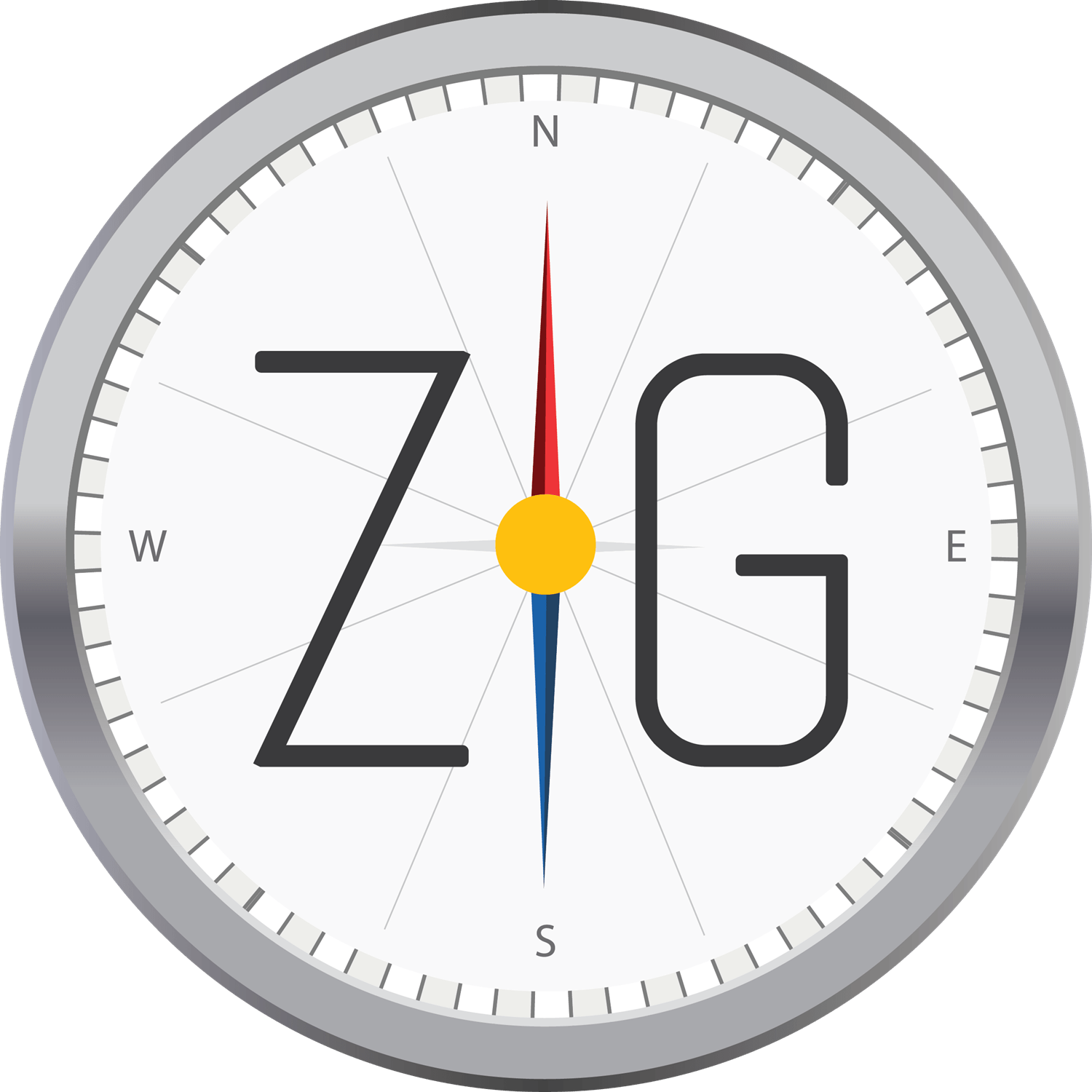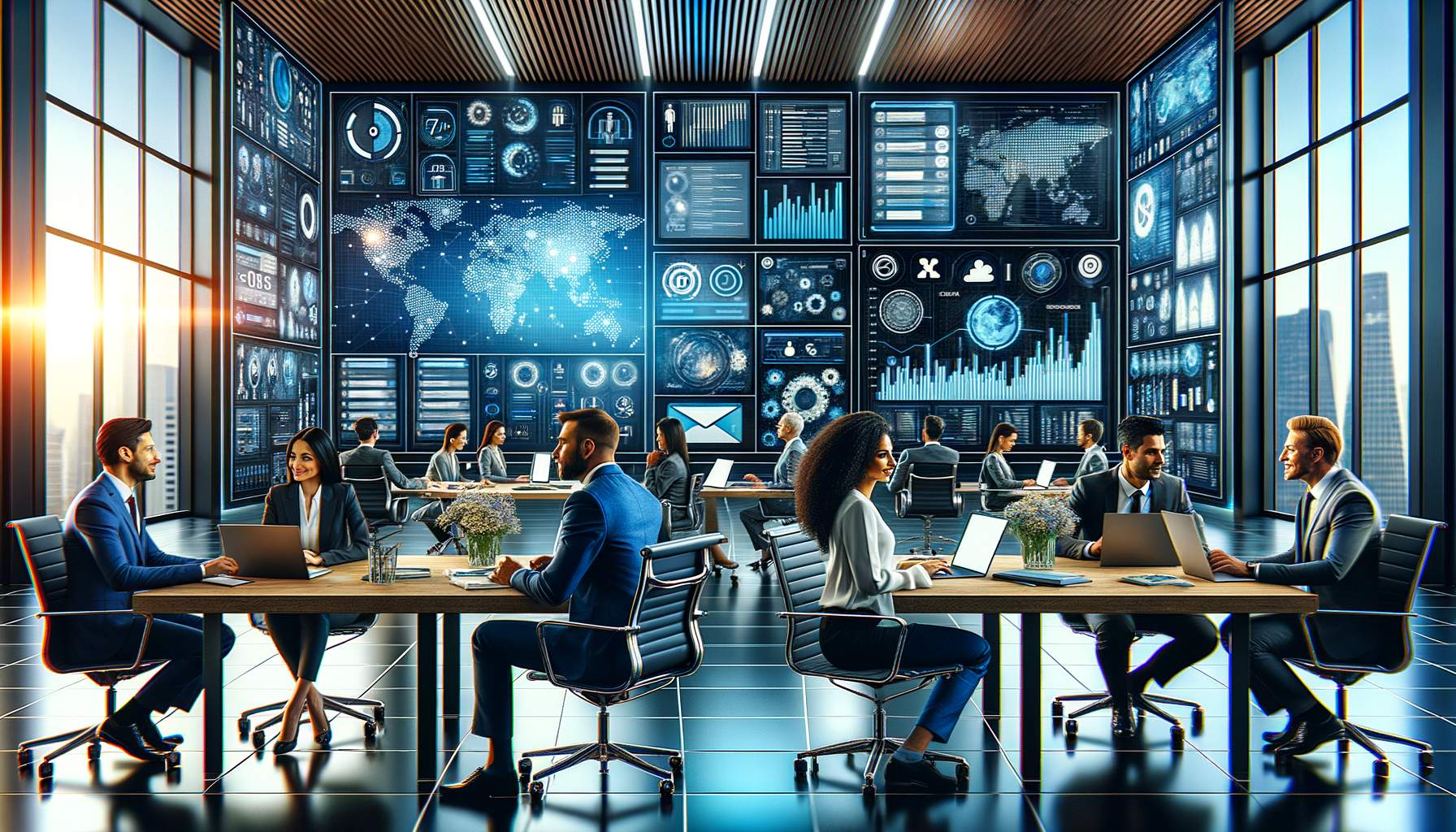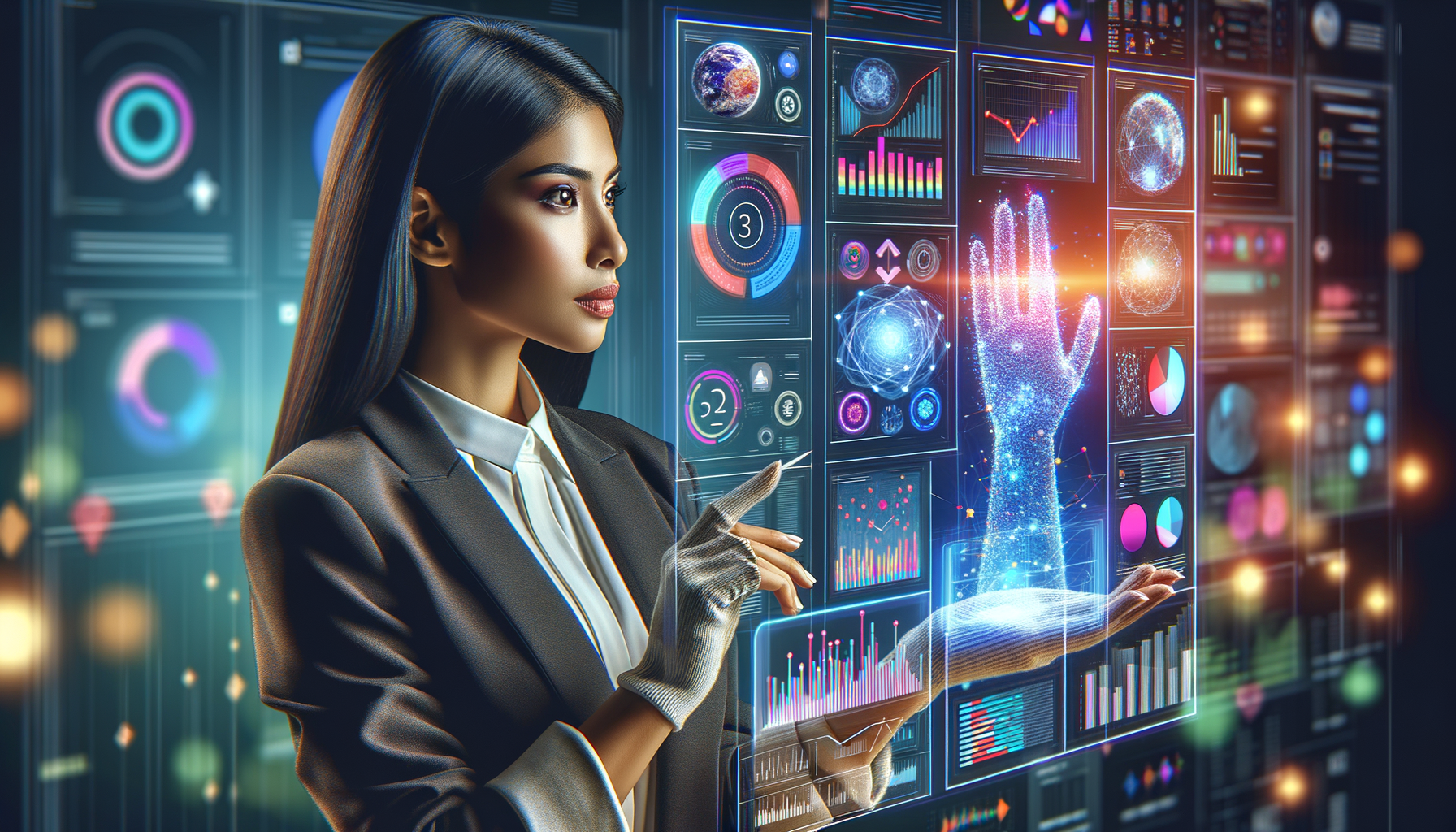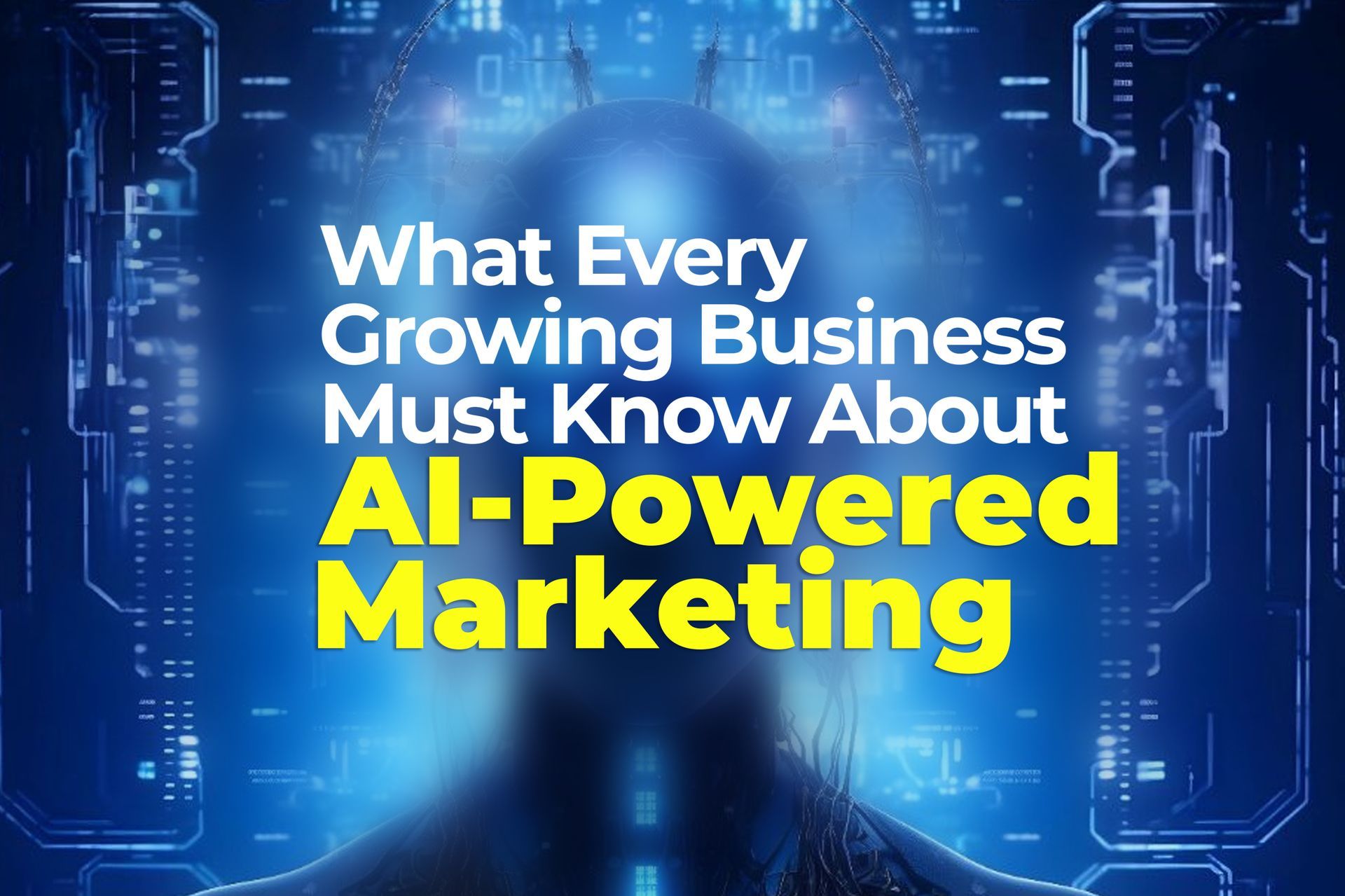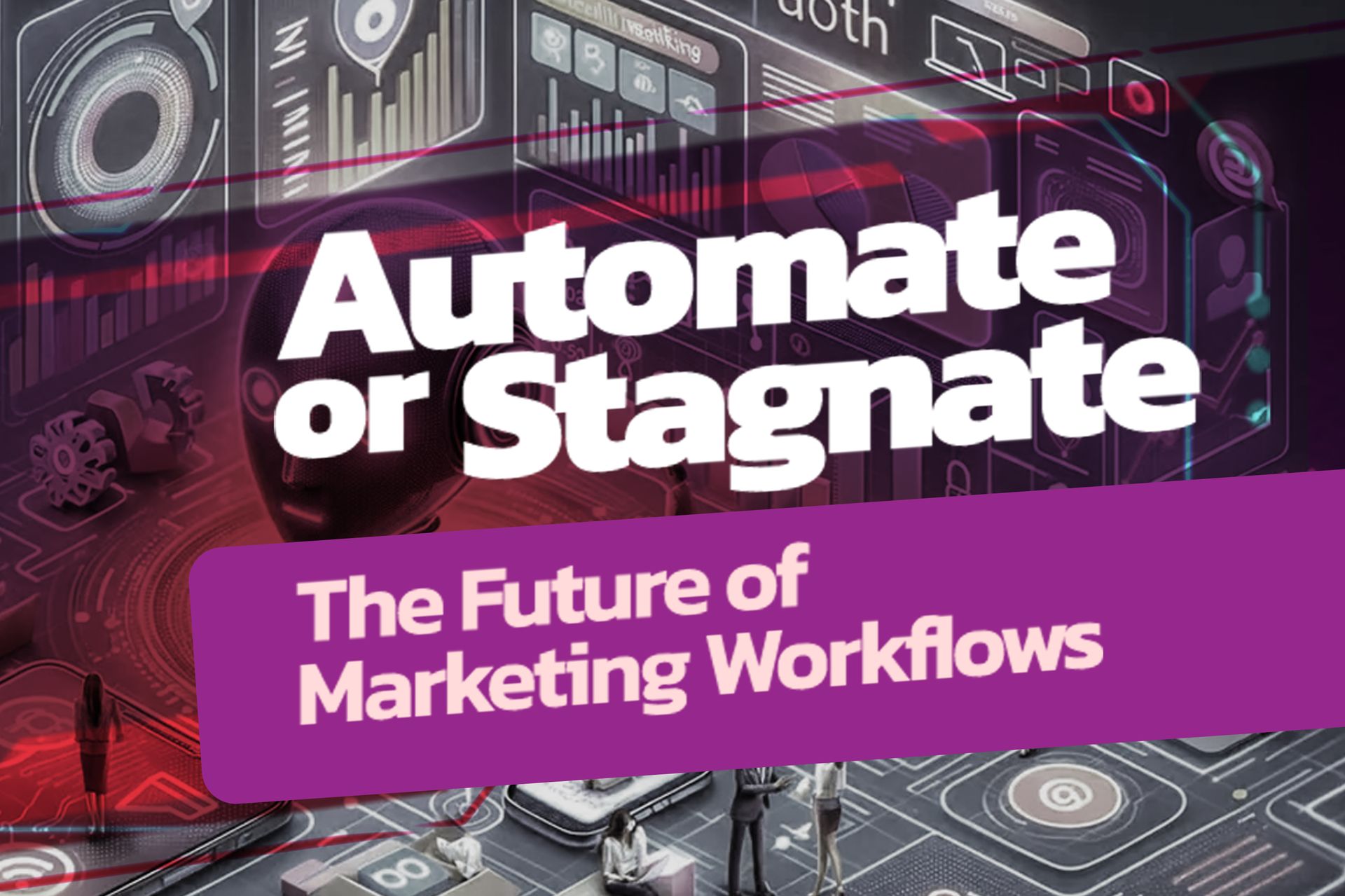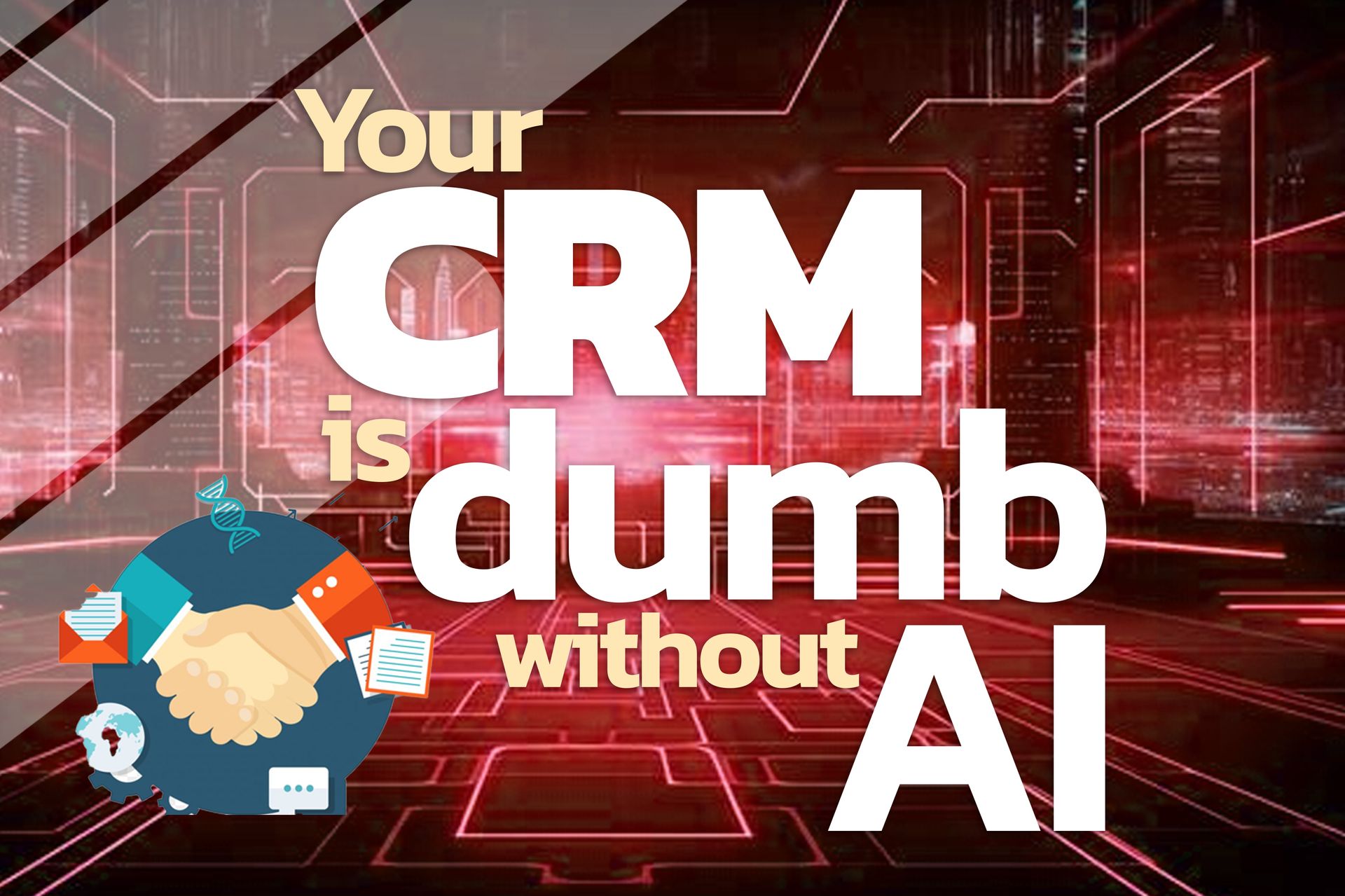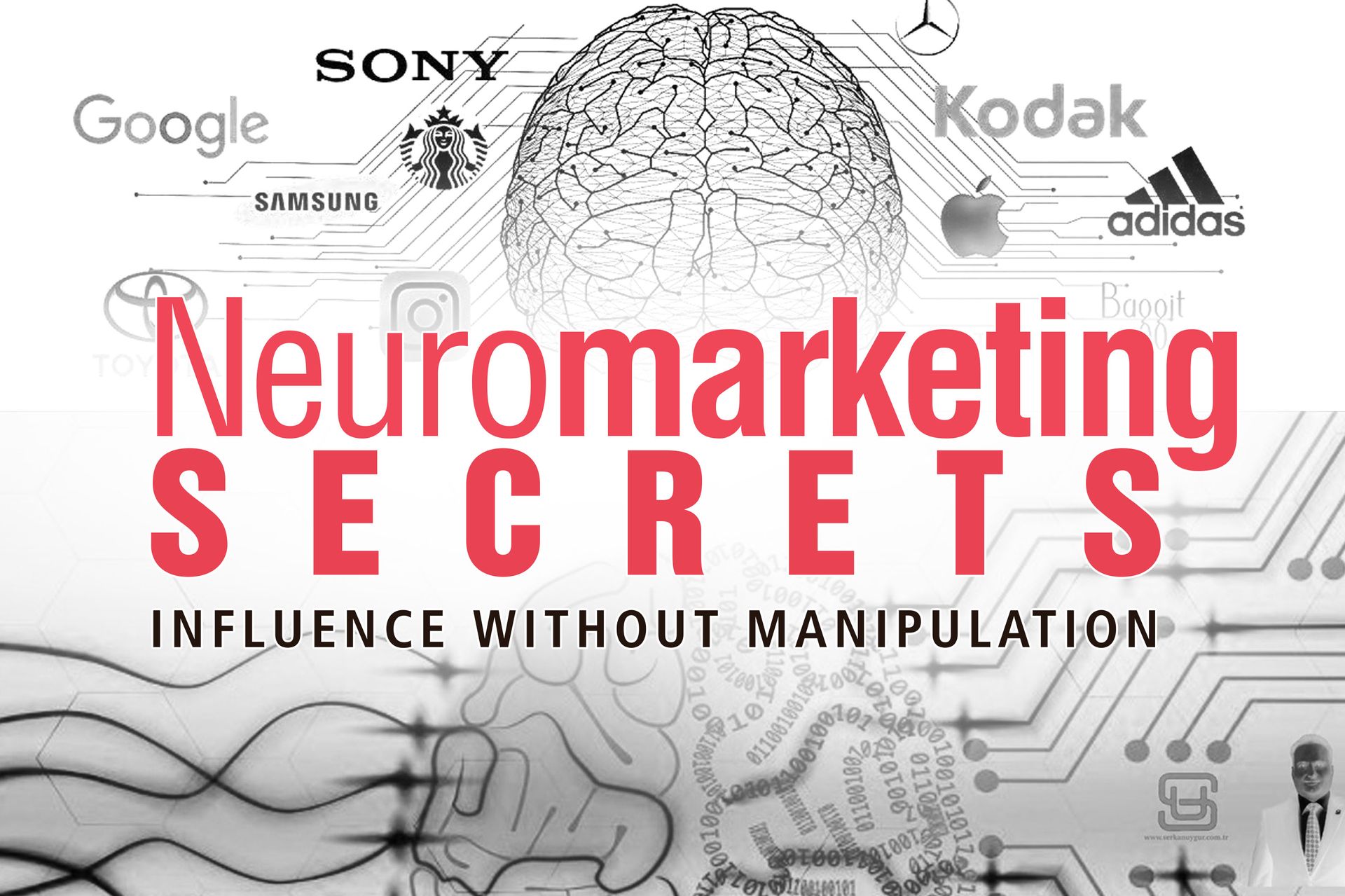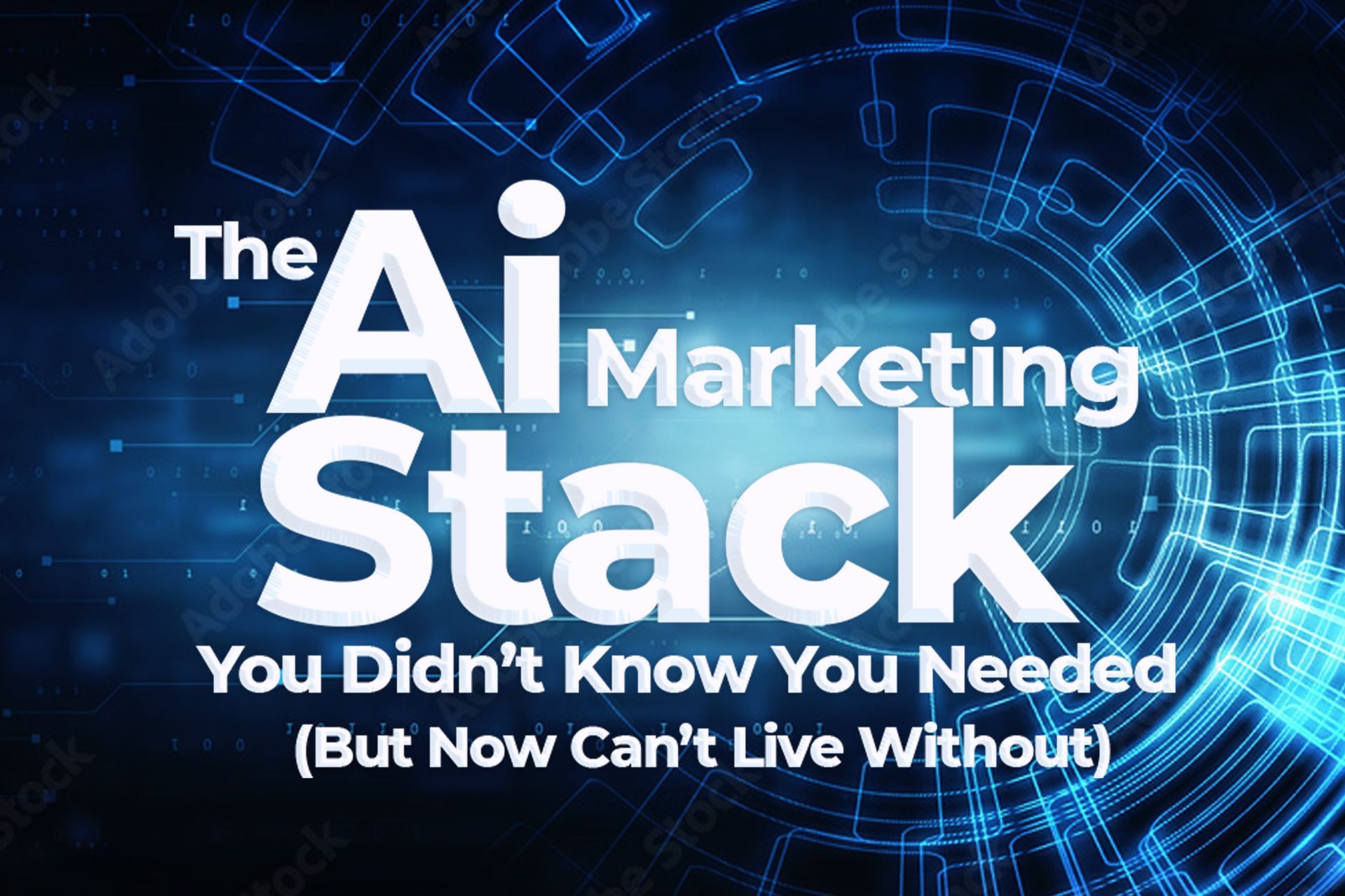The Application of Artificial Intelligence: Why Smart Isn’t Enough Anymore - The Real Power of AI
The Application of Artificial Intelligence -- Why Smart Isn’t Enough Anymore The Real Power of AI
You're being lied to. Everyone is telling you to get smarter, study harder, learn more, gain mastery, be an expert, et cetera, et cetera. But here's the truth, being smart is no longer the goal, not in the age of ai. Artificial intelligence is now everywhere. It's free for the most part. It's instant that I think we can all agree on. So the game is just basically completely changed after thousands of years of us little humans working so hard in school, learning to read and write and think and learn and critically think and gain mastery and even go all the way into graduate school with multiple degrees. All in this quest for knowledge and intelligence, our own intelligence. The deal though, is that all just completely shifted and a lot of people don't even know it yet. So let's unpack it and I'm going to give you some thoughts that I had recently about the way things are now, even if we aren't fully acknowledging it.
Alright, so big change if you guys haven't been paying attention, intelligence is now abundant. So let's apply that to some sort of just categories. There used to be a limited number of lawyers that's about to unlock and lawyering is about to just be in full abundance, like a river of legal expertise at everybody's fingertips. It will also happen in areas like medicine as well and many other professions like tax prep and things that traditionally people had to go to school for years and years and years to gain intelligence about all that stuff is being swelled up by AI and is now virtually instant to access. So the value in having all that intelligence is now sort of undermined in a way. But the good news is with all that abundant intelligence, of course we can do a lot more things. So if you're one of those people and you've been working so hard to get smart your whole life and you feel like you just got whipsaw, it's not entirely untrue.
And at the same time, this video, I think maybe frames up where the opportunity is, right? So the reality is, and I went to school a long time ago where you had to just, school was basically some sort of death trial of memorization. We would go in there and memorize words for a spelling test, go in there, memorize formulas for a math test, go in there and memorize shapes for geometry and all these other things. And it was just memorize, study, memorize, be tested on whether you could remember was a lot of high school, certainly. And then in college it starts to be a little bit more like we assume some things. Now how do you want to apply them? Kind of the next step in the hierarchy of learning.
But the reality today is you just don't need to memorize formulas and all of these other things. And in fact, you don't even know how to have to write code because that's being done already by AI to a large degree. And research can be done, and that used to be a whole time consuming task. So we all know that AI can write emails, create business plans, or certainly help get them started, can even do some video editing, which is not awesome yet, but it's also getting better hour by hour and it can even give you life advice. What's a great fitness plan? What should I be eating if I want to lose weight? How should I handle this relationship problem, et cetera, et cetera, based on all the stuff that it's read and researched across the internet. So intelligence is now kind of being commoditized.
And I want to say that in a way that sort of means that while there's still incredible value in knowledge and intelligence, the constraints on it are effectively about to go away. So you're not going to have to go to some one person that's smart in your neighborhood who holds this body of knowledge like the local law firm in order to get legal advice that is going to just be available to everybody. So it'll be a lot more int intelligence to start of going to start looking like water and electricity and some of these things that we just assume are always going to be there when we turn on the tap or flick a light switch. Pretty phenomenal if you think about it. So it's basically giving us instant access to genius for everyone. So what does that mean? We all kind of get that it's there, but what does that mean in terms of the new paradigm?
How are we to operate and how do humans even fit into that? A lot of talk right now, we're just going to only work two days and then sit on the couch or something. That all just seems weird, and I don't even know if that's accurate. Of course nobody has a crystal ball, but it definitely seems a little off that we would all just suddenly chill out and go on a permanent vacation with hundreds of millions of people just sitting around letting I guess things happen while they do other stuff, I don't know. But if intelligence is abundant, what is actually valuable now? Because basically life's work, huge amount of money poured into education and college education and all of these stuff and student loans, there was massive value on acquiring intelligence. But if that's getting commoditized, like I just said, where is the value?
Where do we go now? How do you become valuable in the context of all this? Or how do I become value or how do we add value to a problem-based scenario at all if all answers are theoretically now known at the keystroke? The answer to that I think is an application. So let me clarify a little bit. But the winners going forward aren't necessarily going to be the smartest people, which is a real game changer, right? They're going to be the ones that understand how to apply intelligence very different than having intelligence. And hopefully you can see how different that is. It's kind of the difference between, perhaps you guys can criticize me in the comments here, but a little bit between high school and college. I always like to say in high school you learn to learn and in college hopefully you learn to think.
And those are two different sort of sides of the same coin. And this situation that we're in now, this evolution of computer technology that is now making intelligence abundant by default means that the next thing that we need to do is learn where to apply it and to apply it effectively and how to use it and so forth. So it is the sort of secondary level of intelligence where the profitable roles, the opportunity are in going to be in hosting intelligence, in hosting, dynamic problem solving and services and product development and all the things that go with our economy and the abundant outcome that we all see will now reside in applying intelligence, not necessarily gaining intelligence. So you don't need to know everything anymore, even if you felt like you did or felt like you didn't. Clearly we just don't need to, just need to know what to do with everything that AI can give you in terms of vast resource of intelligence.
So let's talk about some strategy, insight, execution, and a little bit of stuff that has been on my mind lately because obviously we're all thinking about this. And in the marketing business, AI's clearly been a really great tool. It's also presented a lot of challenges. So I don't want to say it's just like this incredible magic wand. It's also taken up a lot of time to figure out how to apply and implement, and we've talked about that on other videos. So careful when bringing into your business is all I have to say on that. But the opportunity going forward now is not in studying more, it's in understanding how to use the existing knowledge and solve problems. So basically looking at what's already available and then looking at how problems can be solved faster, better, more efficiently, and in a way that more people understand them and can access the solutions.
So I would argue on this video, and we're posting this, so this is I guess my permanent record. The AI isn't necessarily going to replace you or me, but someone using AI better than you will replace you. So you get where I'm going with that. The folks that figure out how to apply intelligence are going to be the front runners in this next chapter of human evolution, economic evolution, opportunity, evolution, and so on and so forth. Okay, so let's talk about where the money's at. And I always say this on this channel, the money is in solving problems for people that have problems that can't solve 'em on their own. That's basically the premise for almost, I would say all businesses. All businesses solve problems. If you think there's a business out there that doesn't solve a problem, that makes money, I'd love to hear about it in the comments, maybe I'm wrong, but the last time I checked, we're all solving somebody else's problems that they cannot solve on their own.
So they need us or they need a team or they need some expertise, or in this case, some intelligence that they don't have to come in and solve their problems. But the money now is going to be solving problems faster, but also in solving what were previously more complex problems because of this vast access of intelligence, which again, I said used to be kind of the constraint we used to have to study and get smart and study the problem and study the scenarios and look at all the outcomes and all these time consuming things is all very much accelerated now. So for instance, in creating content services and businesses powered by ai, things are just not going to be built the old way because they're not going to be built in a way that is for the human interface. So that's another thing to think about.
The actual geometry of workflow is now shifting. So the bridge between AI and people who don't know how to use it is complicated, but one of the best things that you can do and that I can do is start being that bridge, right? The bridge between intelligence and application of intelligence or the bridge between intelligence and the problem. And that is the sort of application bridge. And there is a ton of opportunity right there. There's basically unlimited demand for people who can say, yeah, I know how to use that tool and I can make something valuable for you, or I can solve your problem because I have set this up to do that. Okay? So you don't have to sit there and say, oh, I'm smart. I know all the answers. That's not where it is anymore. The trick now is saying, yes, I know how to put it all together and get you the answer.
Okay, so I might be stating the obvious, but I like to work some of this stuff out online with you here on YouTube because it's all evolving and every week that we're working on stuff here at the agency and also facing the world just like you are, brings thoughts. And I think that this is sort of the clearest way to look forward with some positivity or potential opportunity. And I always like to look at stuff like this and say, okay, where is the opportunity? And I really believe that it's here in the way that I'm describing today. So stop worrying about acquiring intelligence just to store it, hang onto it, constrain it, play some sort of gatekeeper to it, which is a lot of what professions have done over the last several, let's call it thousands of years, that game is over. Now you're going to start applying intelligence, building with intelligence, monetizing intelligence, and solving problems rapidly, efficiently, and in new ways with an abundance of intelligence.
And the world has never been more ready for new creators, thinkers, and doers who are willing to partner with ai, leverage it and position them in that more hosting role coordinator, almost like quarterback if you're a sports fan. So the tools are here, the question is, are you using them right today? Do you know enough to even get started? And what can you do? If not you, either way light me up in the comment, I'd love to hear what you guys think about all this stuff and maybe add to it. Maybe I'm off base, I don't know, but this is where I'm seeing things today. And if I don't hear you in the comments, hopefully I see you next time on YouTube and maybe just see you as a subscriber to the channel.


